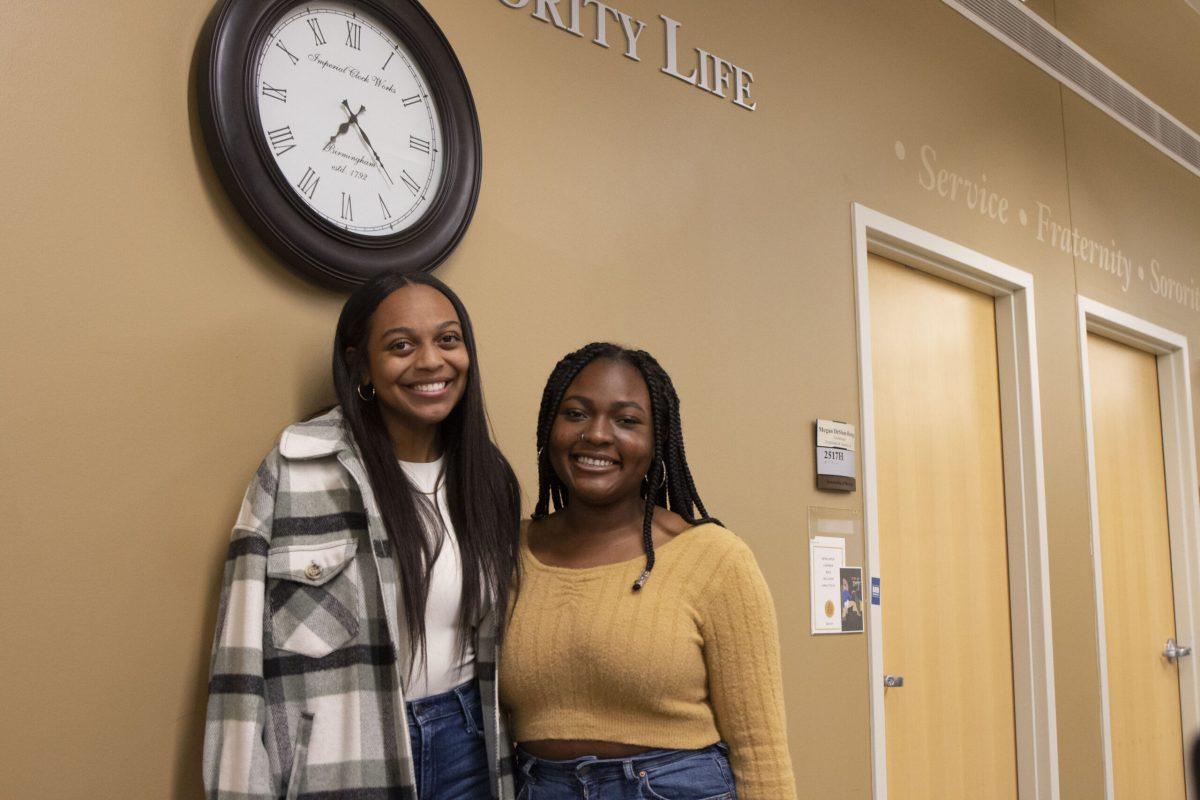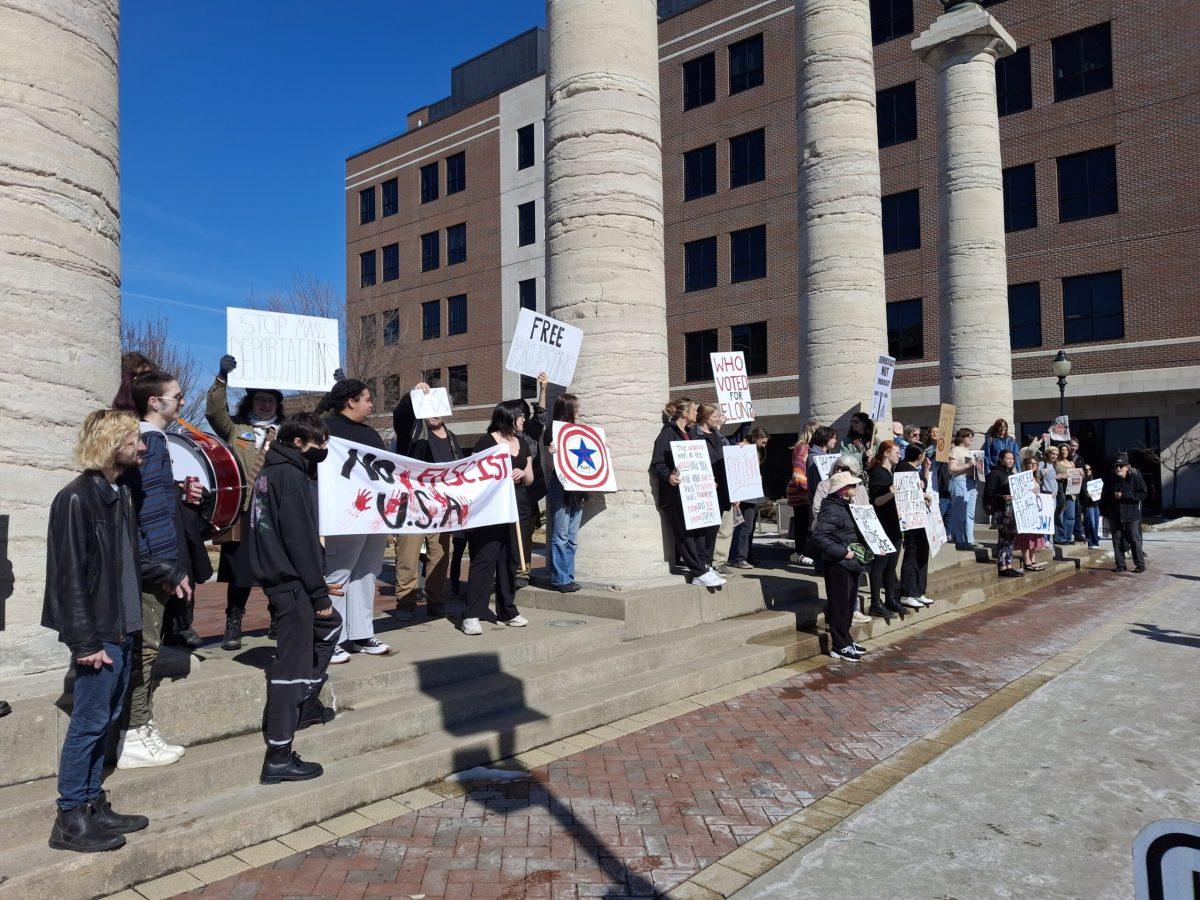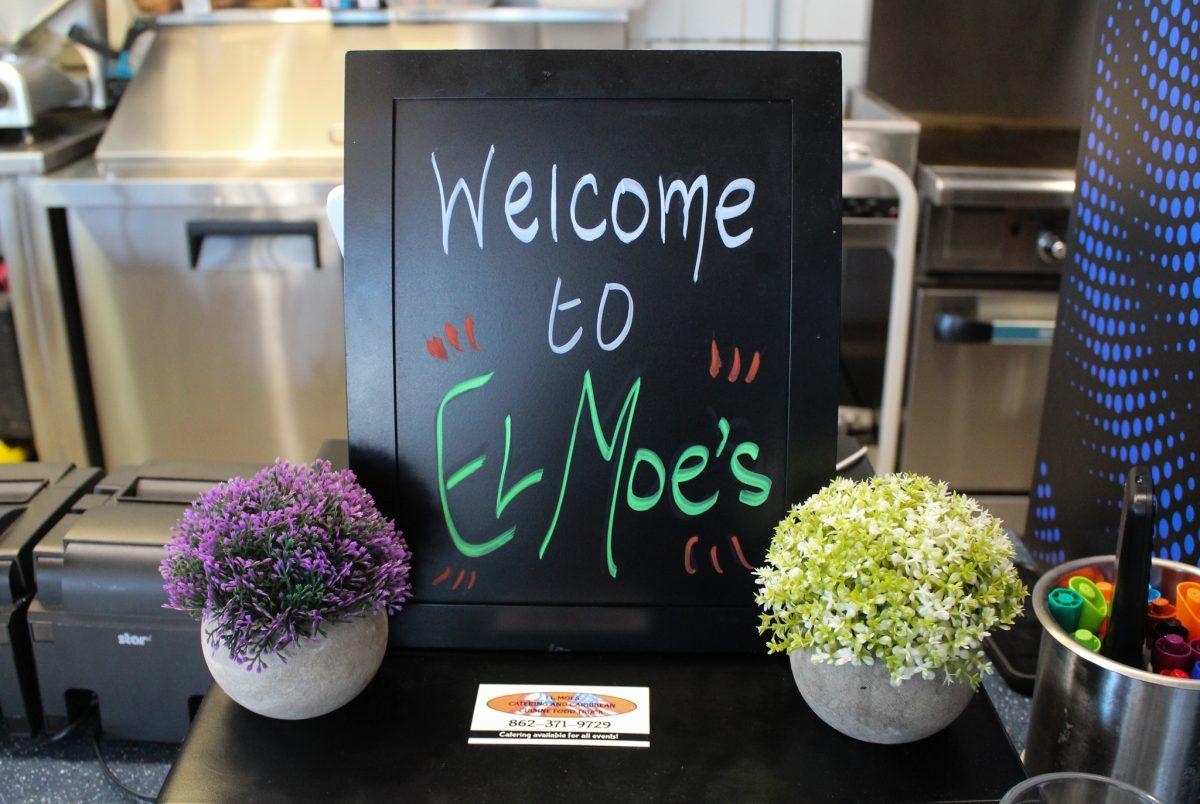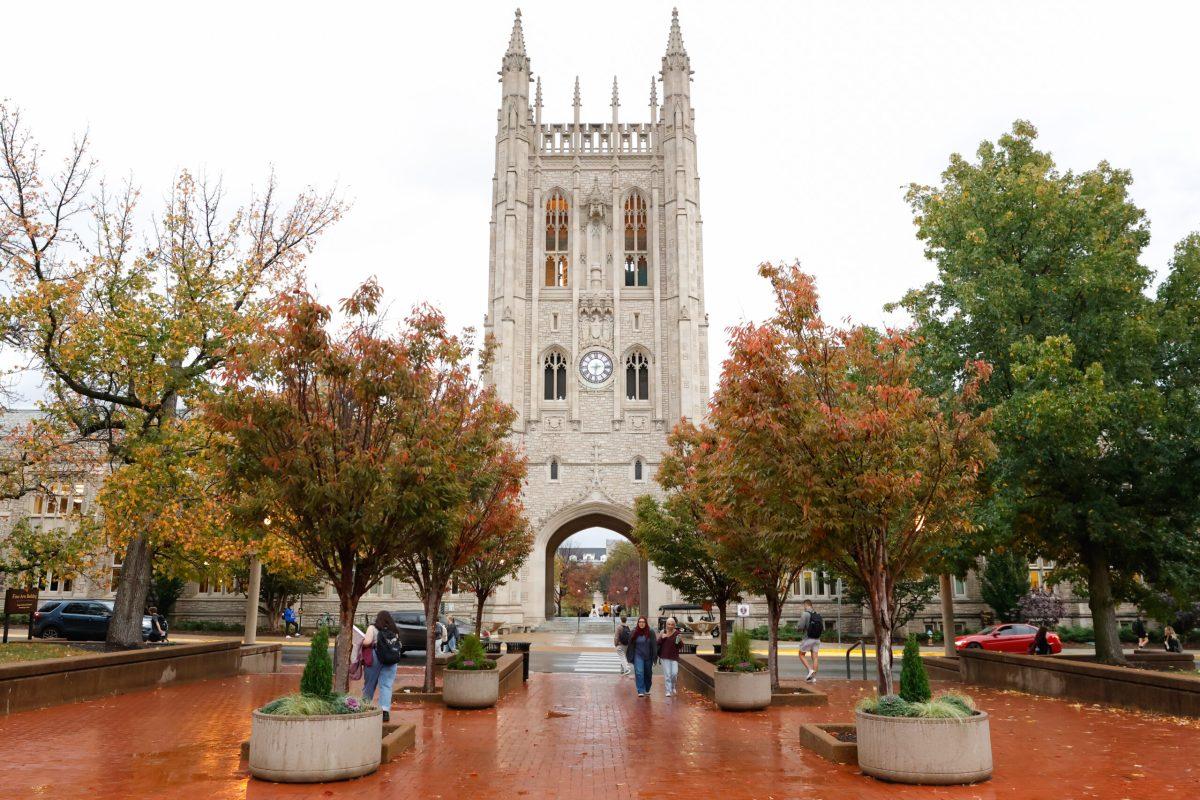Two former Alpha Chi Omega members shed light on their experiences as Black women in the Panhellenic community.
Editor’s Note: Anna Colletto, Editor-in-Chief of The Maneater and an editor of this article, and Shannon Worley, former MOVE editor and article contributor, are both involved in the PHA community.
Trigger warning: The following article includes videos and comments of former PHA members’ personal experiences of racial discrimination containing harassment, degrading language and potentially triggering imagery.
This final installment of the PHA diversity series includes video interviews conducted with junior Carleigh Boyd and senior Ruth Chi. After facing discrimination in the Panhellenic (PHA) community, Boyd and Chi turned to TikTok, voicing their concerns and experiences. These videos gained traction and Chi was invited by The Maneater to share her story in this series. Chi requested for Boyd to join her in a video interview, recorded in March of 2022, while they were still members.
When Carleigh Boyd and Ruth Chi entered primary recruitment for the Panhellenic Association at MU, both women said they had minimal knowledge of Greek Life but hoped to shape their college experience within a positive community.
“I didn’t do a ton of research because I just considered it another involvement opportunity, not knowing the depth of Greek Life and the history of it,” Boyd said.
As potential new members going into a white-dominated space, both recalled feeling on edge. They said they searched for individuals resembling their outward appearance to gauge their potential acceptance within specific houses. Chi went through in-person recruitment, while Boyd’s was held via Zoom due to the COVID-19 pandemic. As a result, Boyd’s impressions were based on videos and social media posts crafted by each sorority. Boyd, looking back, emphasized how misled she was by PHA’s virtual representation.
“I just remember the videos that the houses would show us since we couldn’t go in person,” Boyd said. “I was looking for aspects of inclusion because I knew it was a super white space. There was this house that showed a bunch of clips of their girls protesting at Black Lives Matter protests…I’m not in it now, but there’s like one Black girl in there. They put up a show basically. It looks really good on a five minute video, but it’s not what they say. Because that’s just how it is in Greek Life and in PHA.”
After completing recruitment, Boyd and Chi received bids from Alpha Chi Omega. Both women said they began to notice conflicts with the house and their initial impressions.
Boyd said she realized a distinct racial divide in Greek life after a period she described as the “honeymoon phase” within her house. Involvement in recruitment during her sophomore year first initiated this realization.
“Once (COVID-19) restrictions loosened, my first ever real in-person experience with my entire chapter was work week and recruitment,” Boyd said. “I just looked around and was like… this is what I’m in? I felt the weight then of being outnumbered.”
Chi expressed a similar realization when elected to serve as the Alpha Chi Omega VP of Diversity, Equity and Inclusion in her junior year.
“I think I really saw things go downhill when I was on exec (the executive board) my junior year, but I thought I could change it,” Chi said. “I just realized I expected more from the whole PHA system, and that really hit junior year.”
According to Chi, there was an underlying expectation from her chapter that she would run for PHA’s Vice President of DEI. Chi emphasized she was excited to take on the challenge of potentially stimulating change within her chapter and PHA community at the time.
Boyd and Chi expressed their full identities were not celebrated, noticing some of their sorority sisters were not as welcoming as they originally believed.
Columbia provisionally licensed professional counselor Dedrae Kelly described experiences of the struggle of identity expression as going into a space where you are not viewed as the standard and fighting to defend who you are.
“Greek life is about being a team, it’s about being a unit, it’s about being very intertwined in each other’s lives,” Kelly said. “There’s a sisterhood, there’s a brotherhood in that. And so if a Black person is participating in what is a largely white culture, then they’re not going to feel that kind of depth of camaraderie, even if you’re trying really hard.”
In her practice, Kelly focuses on people of color. She specializes in trauma, PTSD and racial identity and leads a women of color support group.
A study by the Perception Institute found that Black women suffer more anxiety and are twice as likely to feel pressure to straighten their hair than white women.
“You have to understand that just because you bring your culture to a narrative that’s already established, the established culture is already biased to the dominant culture,” Kelly said. “What’s the identity of the culture? It’s white.”
According to Chi and Boyd, Alpha Chi swept issues like cultural appropriation and microaggressions under the rug. Despite recording and documenting the actions of three members, Boyd said two of the three girls did not receive punishment sanctioned by the organization. Executive members then informed Boyd they felt she was in danger and recommended she spend a night out of the house. The individuals involved in the racist incident, however, remained in the house that night according to Boyd and Chi.
In their time as members, Boyd and Chi continued fighting for safety. For Chi, this included taking on the role of 2021 Vice President of Diversity, Equity and Inclusion for Alpha Chi and advocating for marginalized voices.
Once in the position, Chi said her voice was not heard when dealing with several incidents. On one occasion, a Black baby doll was hanged and posted on social media. While the chapter removed the individual after a meeting with executives, Chi attested to the fact that she was then repeatedly met with members advocating against the disciplinary decision. Chi said, in instances like this, she felt silenced when standing against discrimination and looking to PHA for support.
“For Black people, it’s more about what the dominant culture is dictating in regards to what our identity is,” Kelly said. “And so it’s intertwined with this outward narrative that comes from being a resource that’s been used, abused, mistreated, unseen, unheard, negated and violently attempted to maybe even erase. So identity, in itself, has places where it doesn’t land on something. Because it’s up against something else that is pushing against it.”
While steps have been taken to make PHA a more inclusive space, Boyd and Chi recognized that there is still work to be done.
“It needs to be not their (people of color’s) problem,” Kelly said. “It needs to be the university’s problem. It needs to be Greek Life’s problem.”
Edited by Anna Colletto and Piper Molins | [email protected] and [email protected]













